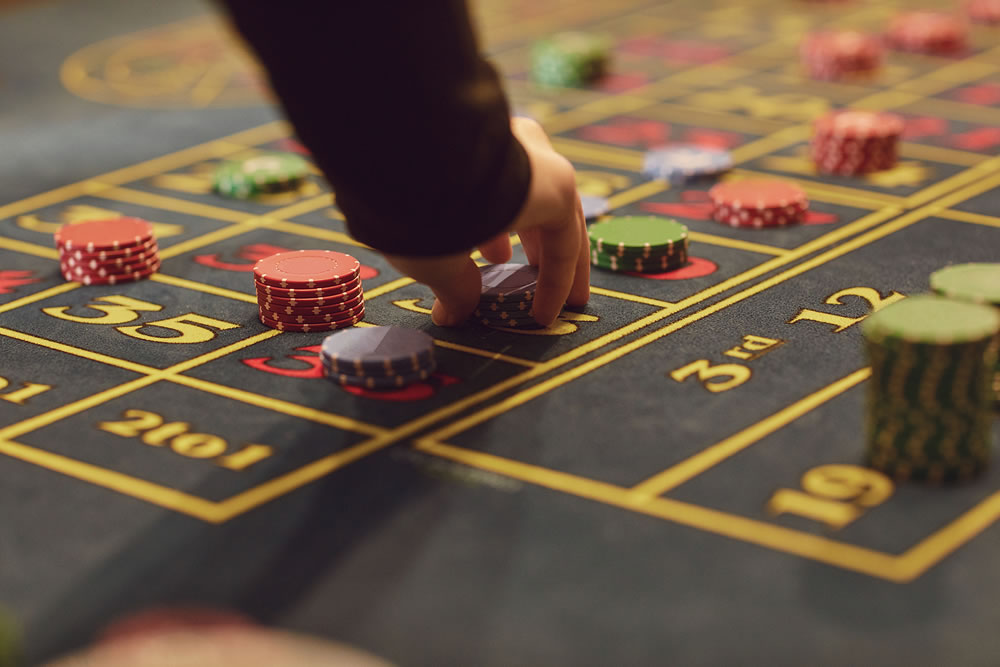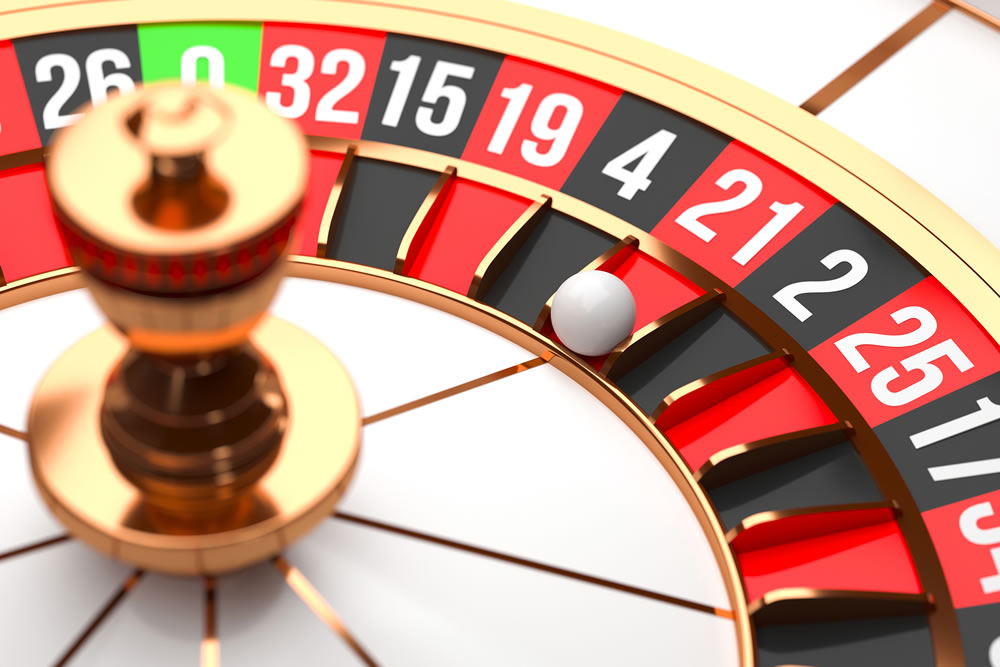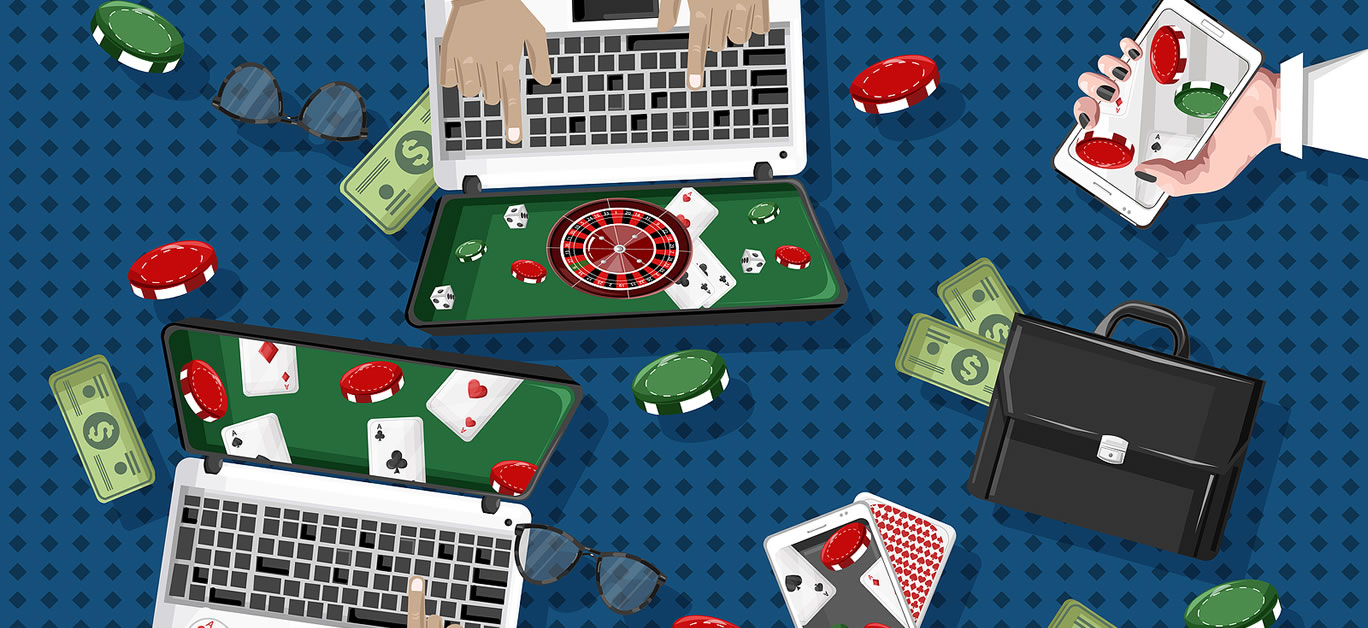With the UK in the throes of another coronavirus-enforced lockdown, much media attention has been placed on the countless industries struggling to stay afloat during 2020 – and with good reason, as much of the world has plummeted into unavoidable recession.
However, while it is unpalatable to put it this crudely, in some markets, the pandemic has generated growth. The shift to staying home and avoiding public gatherings may have gutted the hospitality and tourism sectors, but a number of industries, including logistics, food delivery services and online retailers, are having strong years.
In fact, in many cases, there is a simple redistribution at play. Wherever an industry has an online or distanced equivalent, it is that remote alternative which is reaping the rewards, and this shift is no more obvious than in the case of mobile gambling.
While many casinos have been forced to close their doors to comply with government guidance on a regional and national level, online slots have proven an intriguing prospect for a great proportion of that consumer base.

Lockdown boost
Google Trends data which spanned the UK’s first national lockdown showed that searches for ‘online casinos’ reached an all-time high, following the enforced closure of physical venues and the temporary suspension of elite sports.
Data also evidenced that, while gambling numbers were slightly depressed due to lockdown, likely as a result of live sport’s betting taking a hit, each individual gambler increased their session spend during this period.
Not just the new normal
But, as we outlined at the start of this article, while the interest in online casinos has certainly been increased due to societal impacts of Covid-19, the industry had making solid strides before 2020.
The gambling industry has shown strong growth in the last decade, but most of that growth was attributed to the online sector.
According to market consumer data firm Statista, in 2011, the gross gambling yield (GGY) of the gambling industry in 2011 was reported to be £8.4bn. By the end of the decade, it was worth £14.4bn.
Statista estimates the GGY of ‘remote’ gambling, which includes online, as £5.5bn – over a third of the total market yield. This figure simply dwarfs traditional outlets associated with games of chance, including UK casinos (£1.05bn), bingo (£0.7bn) and arcades (less than half a billion). According to the Gambling Commission, 33.6 million active online gaming accounts existed in the year of 2018.

Licence to thrill
Sentiment surrounding onling casinos in the past decade has changed significantly, and the growth in popularity has been coupled with, on the whole, a consensus that they are as trustworthy as their physical equivalent.
This is largely down to a combination of more sophisticated technology and a better user experience provided by the online gaming houses, and more robust regulation by industry chiefs.
In Great Britain, the UK Gambling Commission was created in 2005 to regulate gambling on behalf of the British government, ensuring that consumers were protected. As a result, casinos, whether online or physical, were issued licences on the proviso that they abide by the necessary regulations.
Like with their physical counterparts, online casinos bare all, including down to the code of their online slots, and expose themselves to rigorous testing and data collection to ensure that they are both technologically sound, and pay out at the required rate.
The Gambling Commission requires online slots to provide a return-to-player (RTP) number on each activity, ensuring gamers are aware of their percentage chance of winning before they hit play. This may seem counterintuitive, but the majority of casino games are entire acts of chance, and therefore easy to calculate the return-to-player.
For example, a roulette wheel has a defined number of outcomes, and opting for black or red provides a near-50% chance of player victory. The chance of landing on the green ‘zero’, although an unlikely outcome, is what dips that win percentage below 50%, providing the house edge. It is also what provides variance, and an opportunity for the player to win big, if lady luck views them favourably.

Looking ahead
The increased availability and user experience, coupled with the uncertain future of physical gambling in the COVID era, has led the majority of forecasters to be extremely bullish about mobile gambling’s chances in 2021.
Technavio’s report suggests that online gaming could grow as much as 19% in 2021, with brands like Mr Gamble well-placed to capitalise on the increased interest from younger age groups, and the legalisation of online gambling in many countries who had not yet done so.
Please gamble responsibly (18+ UK) – check age restrictions before participating






















